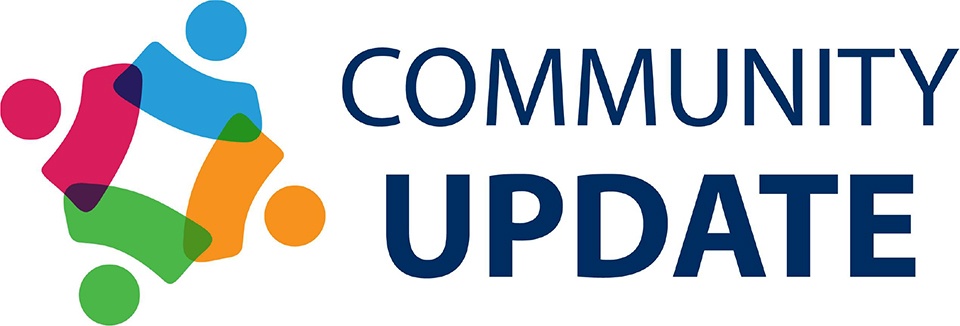Small Business Grants from the State To Total $85 Million

The New Jersey Economic Development Authority (NJEDA) has announced Phase 4 of the Small Business Emergency Assistance Grant Program, adding $85 million in funds from the Coronavirus Aid, Relief, and Economic Security (CARES) Act. Phase 4 will provide short-term operating support to a broad group of New Jersey small and medium sized businesses and non-profits that have been negatively impacted during the declared state of emergency. More information is available here.
Applications will become available on a rolling basis following the pre-registration period (April 19, 9 a.m. to April 29, 5 p.m.) Pre-registered applicants will need to return to programs.njeda.com/en-US/ to complete an application based on the following schedule:
• Businesses that did not apply for, or were not approved for Phase 3 funding – 9 a.m. on May 3
• Restaurants and child care providers – 9 a.m. on May 5
• Micro businesses (five or fewer FTEs) – 9 a.m. on May 10
• All other small businesses, excluding restaurants, micro businesses, and child care providers – 9 a.m. on May 12
Applications for each category will be open for a period of one week and will be accepted on a first-come, first-served basis, based upon the date and time the Authority receives a completed application submission.
Phase 4 increases the amount of funding available to businesses. Grant awards will be calculated based on the number of full-time equivalent employees (FTEs) businesses employ. Micro-businesses with five or fewer FTEs and sole proprietorships will receive up to $10,000; businesses with six to 25 FTEs will receive up to $15,000; and businesses with 26 to 50 FTEs will receive up to $20,000. A grant size estimator is available here.
The $85,000,000 in funds available through Phase 4 will be allocated as follows:
• Restaurants: $35 million of funding to support businesses classified as “Food Services and Drinking Places” under NAICS code 722, given the disproportionate impact these businesses have experienced due to the pandemic, including caps on on-location dining and unusual costs they incurred to adapt their business models for safe operations.
• Child Care Providers: $10 million of funding to support businesses classified as “Child Day Care Services” under NAICS code 624410, given the disproportionate impact these businesses have experienced due to the pandemic, including caps on capacity numbers and unusual costs they incurred to adapt their business models for safe operations.
• Micro-businesses: $25 million of funding to support businesses that have had 5 or fewer FTEs in each of their past eight quarters of WR-30 filings (including businesses with no FTEs), given the unique financial vulnerability experienced because of the pandemic by micro-businesses, which typically have lower financial reserves.
• Other small businesses (6-50 FTE): The remaining $15 million of funding will support businesses that are not eligible under the micro-business category.








